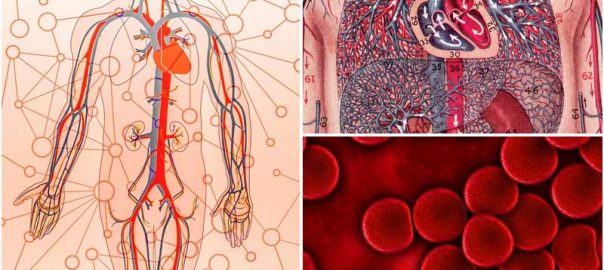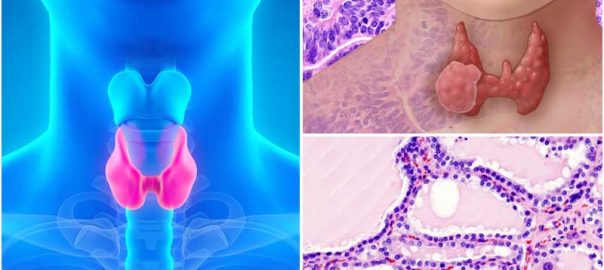Metoprolol HCT is a combination medication used for:
- Lowering high blood pressure
- Reducing the symptoms of hyperthyroidism like a rapid heartbeat, sweating and trembling
- Reducing the risk of a further heart attack immediately after a heart attack
- Improving survival of patients following a heart attack
- Regulating certain types of irregular or abnormally rapid heart rates known as tachycardia
- Treating congestive heart failure
- Long-term treatment of angina pectoris, prevention of angina attacks
- Preventing migraines in patients who get frequent severe headaches attack
Metoprolol is a type of beta-blocker that affects the heart and circulation while HCT or hydrochlorothiazide is a diuretic or water pill that inhibits the body from absorbing too much salt that causes fluid retention. The combined action of Metoprolol and hydrochlorothiazide helps lower your risk of death or the need to be hospitalized due to high blood pressure, angina pectoris and other cardiovascular issues. It may also be used for purposes as determined by your physician.
Why Buy Metoprolol HCT?
Metoprolol is a selective beta-blockers used to treat and prevent varieties of cardiovascular illnesses. It is marketed both as generic and brand name versions. Metoprolol was approved for medical use since 1982 and is on the World Health Organization list of essential medicines needed in the health system. It’s safe and effective to use and was the 6th most prescribed medication in the US in 2016.
How to Take Metoprolol HCT?
Your doctor will determine your dose. The typical dose is 12.5 mg to 50 mg per day of HCT and 100 mg of Metoprolol in a single or divided dose. Your doctor may gradually increase your dose until such time your blood pressure is controlled. For 50/25 mg tablets, take 2 tablets a day in a single or divided dose. For 100/ 25 mg tablets, take 1-2 tablets a day.
You may take this with or without food. When necessary, your doctor may add other antihypertensive medication beginning with 50% of the usual recommended starting dose.
What are the side effects of Metoprolol HCT?
Metoprolol HCT is generally well-tolerated. Like other medications, this drug can also cause unwanted side effects aside from its intended effects. Common side effects are:
- Nausea and vomiting
- Insomnia
- Blurred vision
- Confusion
- Depression
- Diarrhea
- Constipation
- Dizziness
- Fever
- Sweating
- Lightheadedness
- Memory loss
- Fatigue
- Abdominal cramps
- Low blood pressure
- Sore throat
- Shortness of breath
- Cold extremities
Less common side effects are:
- Cough
- Double vision
- Dilated neck veins
- Decreased urine output
- Difficulty speaking
- Halos around light
- Bloating or swelling of the face, hand, arms, lower legs or feet
- Noisy breathing
- Night blindness
- Loss of vision
- Inability to speak
- Inability to move the legs, arms or facial muscles
- Rapid weight gain
- Short-term memory loss
- Slow speech
- Chest tightness
- Trouble breathing
Rare side effects include:
- Dark urine
- Fever
- Chills
- Bluish color of the skin of the toes or fingers
- Severe nausea and vomiting
- General weakness of tiredness
- Itching skin
- Muscle pain or stiffness
- Joint pain and swelling
- Rash
- Unusual bleeding or bruising
- Vomiting blood
- Jaundice
Get emergency help right away if any of the following symptoms occur:
- Stopping of the heart
- No pulse or blood pressure
- Loss of consciousness
- Bluish color of the fingernails, skin, lips, nail beds or palms
- Bronchospasm
- Signs of an allergic reaction such as hives, swelling of the face, tongue, lips or throat and difficulty breathing
- Low potassium level with signs like muscle weakness, tingling sensation or numbness
Some side effects that occur may not usually require medical attention as they would go away as your body adjusts to the treatment.
We care for your safety
- Do not use this if you have:
- Uncontrolled heart failure
- Severe blood circulation problems
- An allergy to beta-blockers
- A serious heart condition called sick sinus syndrome or AV block
- An adrenal gland tumor
- A slow heartbeat that causes you to faint
- Unable to urinate
- Before using this medication, tell your doctor if you have:
- Cirrhosis
- Glaucoma
- Congestive heart failure
- Liver or kidney disease
- Asthma
- Diabetes
- A slow heartbeat
- A blood circulation problem
- Bronchitis
- A thyroid problem
- An allergy to penicillin
- Peripheral vascular disease such as Raynaud’s Syndrome
- Lupus
- Gout
- High cholesterol level
- Avoid alcohols as they can further lower your blood pressure and increase certain side effects
- If you have diabetes, check your blood sugar level carefully as this medicine can make it harder for you to tell when you have low blood sugar.
- Avoid becoming dehydrated or overheated during hot weather and exercise by drinking plenty of liquids but do not overdo.
- Several other medicines can interact with this drug. Before taking Metoprolol, tell your doctor about all the prescription and non-prescription medications, vitamins and herbal supplements you are using.
- Continue taking your medications even if you feel well. High blood pressure often has no symptoms. Do not stop taking it unless directed by your physician.
- Do not stop using this all of a sudden as it may cause serious or life-threatening heart problems.
- Metoprolol HCT may pass into breast milk and may cause harm to nursing babies. Do not use this if you are a breastfeeding mom.
- Taking Metoprolol with other medications may impair your reaction or thinking and may increase certain side effects. This can further become worse if you drink alcoholic beverages. Before taking this medicine, tell your doctor about your other medications. Avoid drinking alcohols and be careful if you do anything that requires you to be alert.






